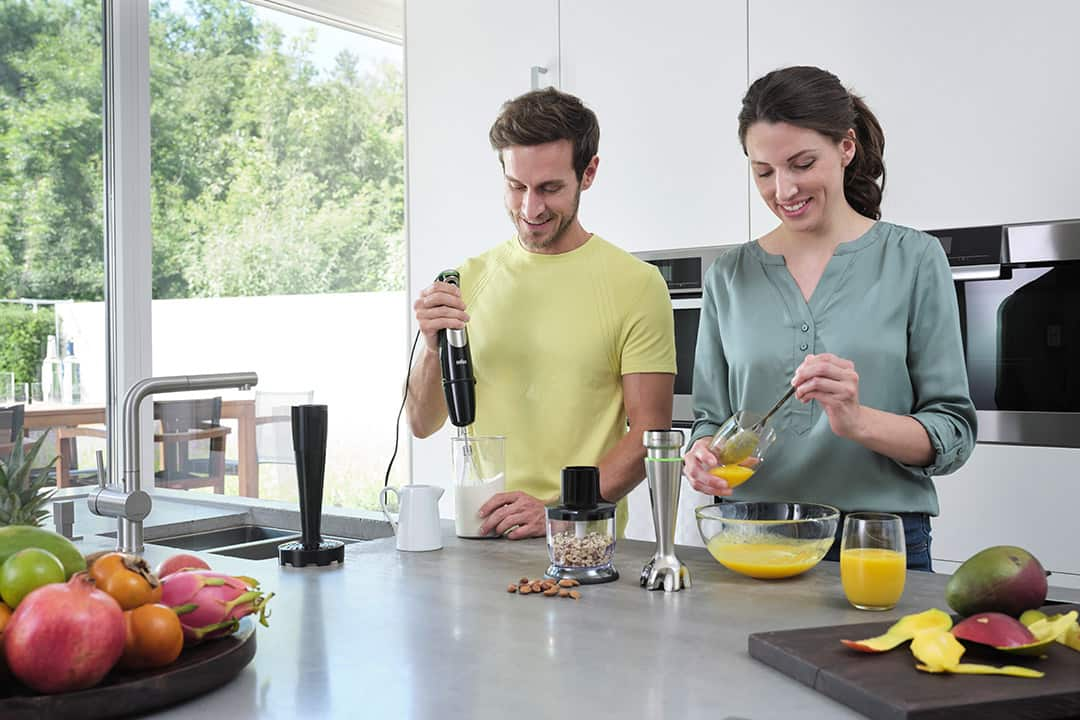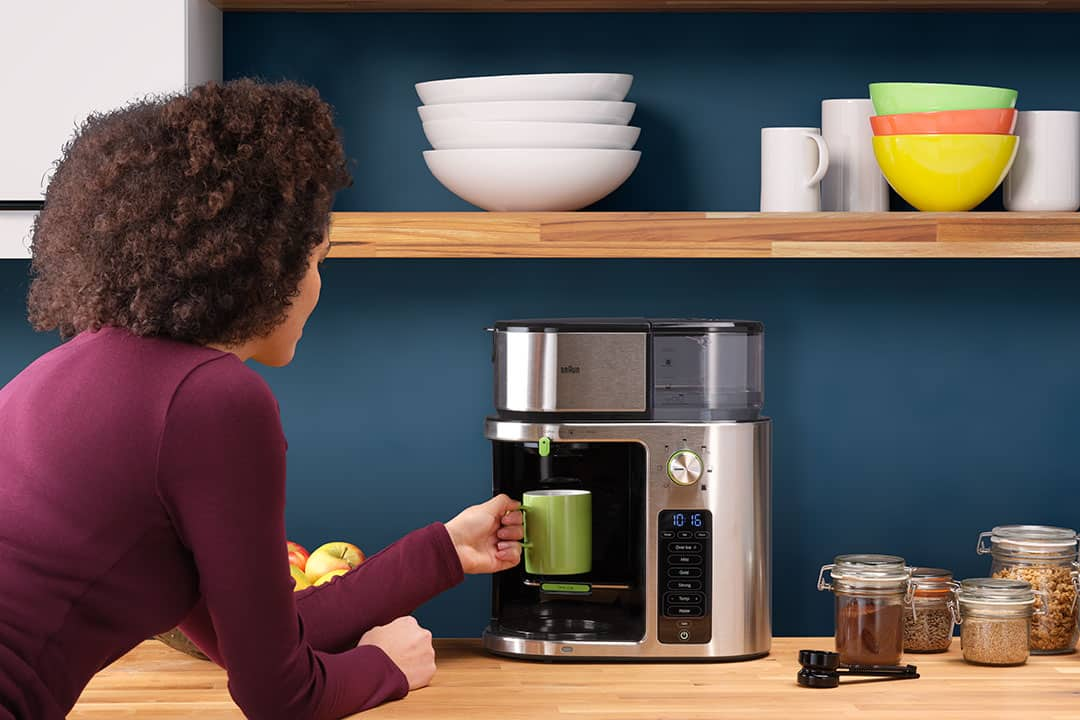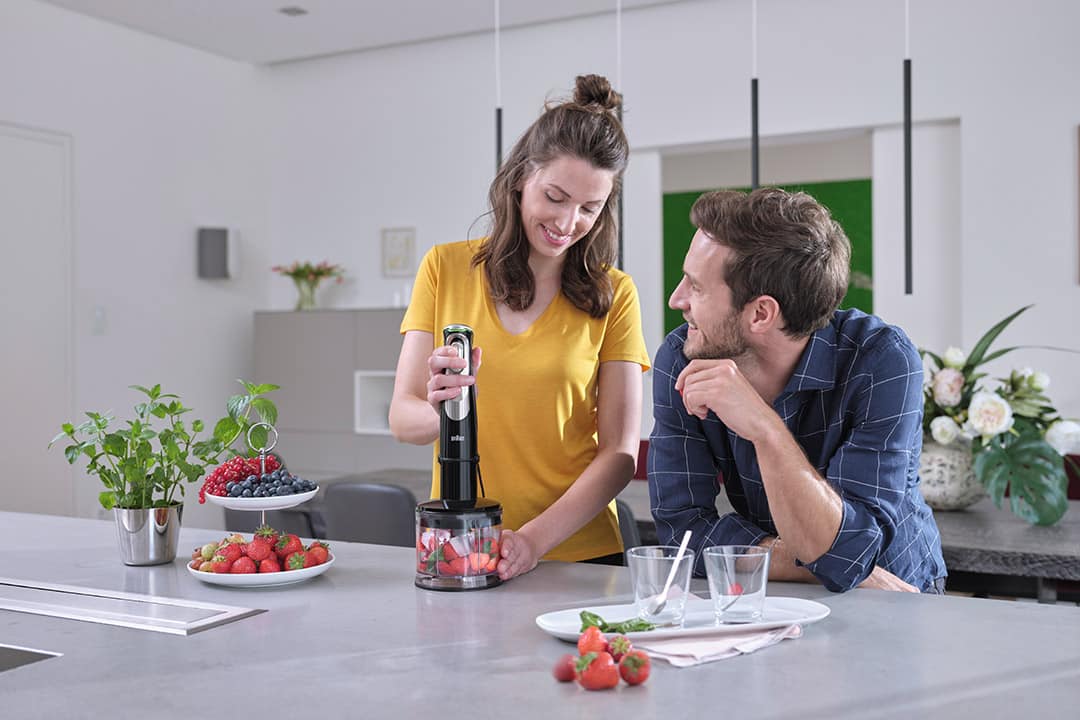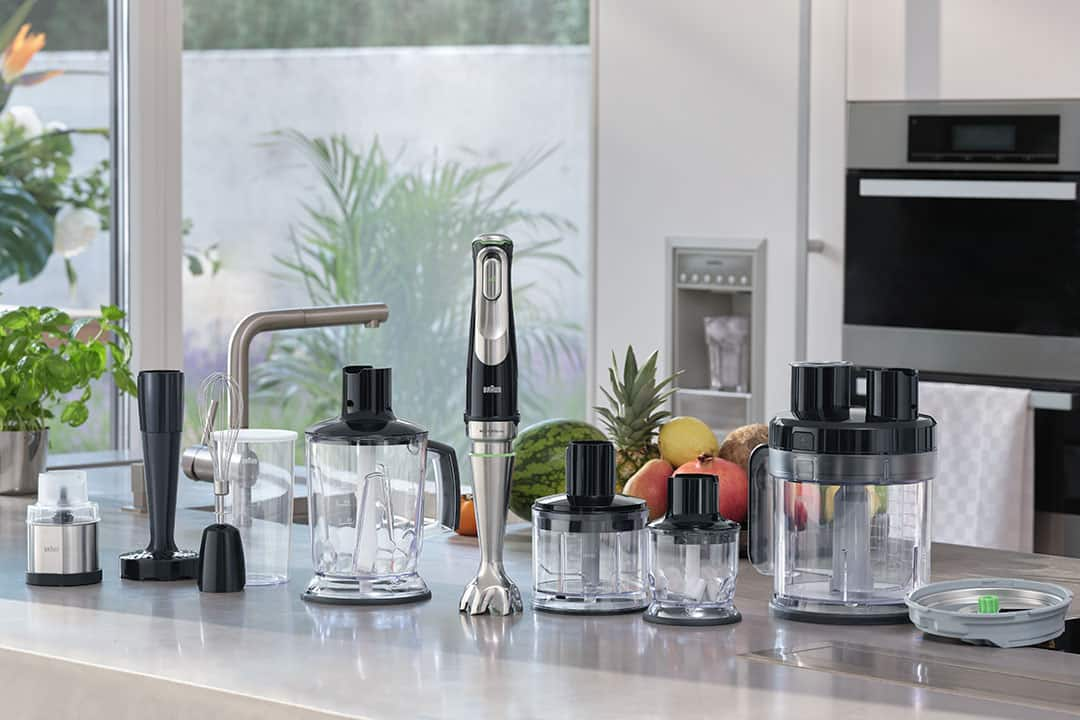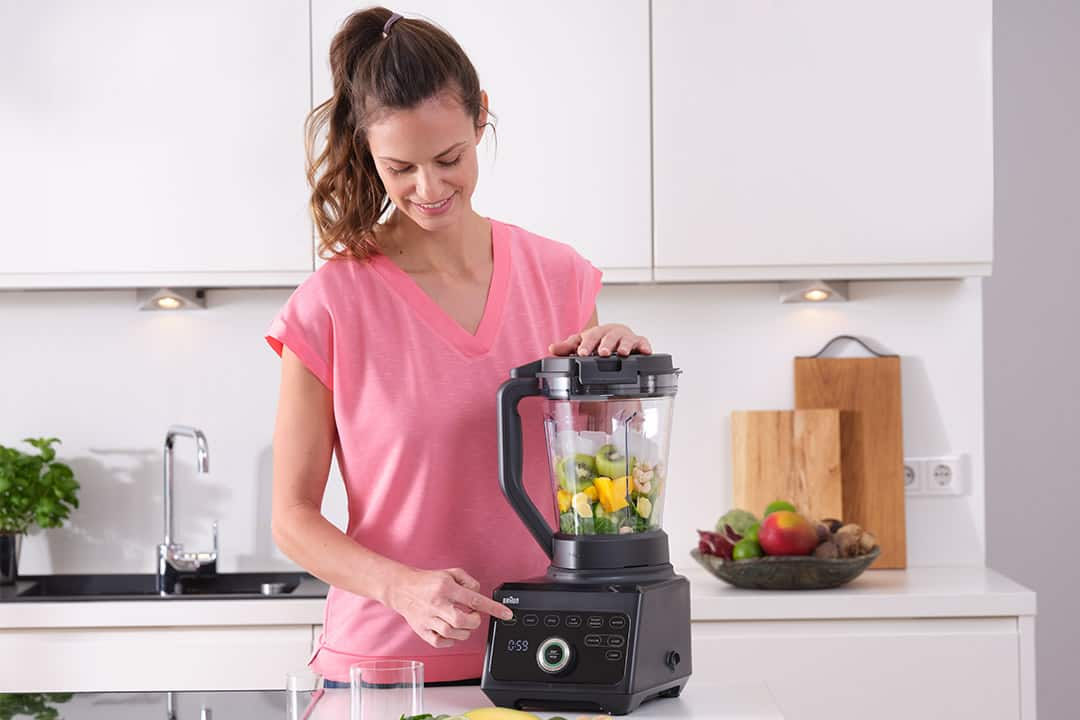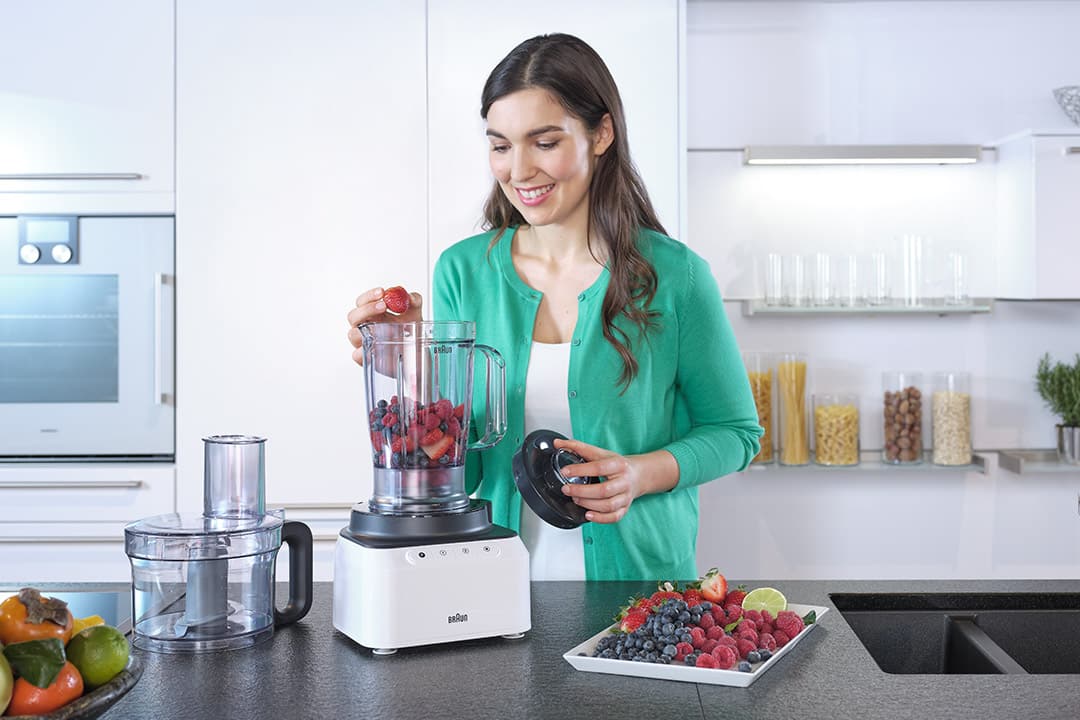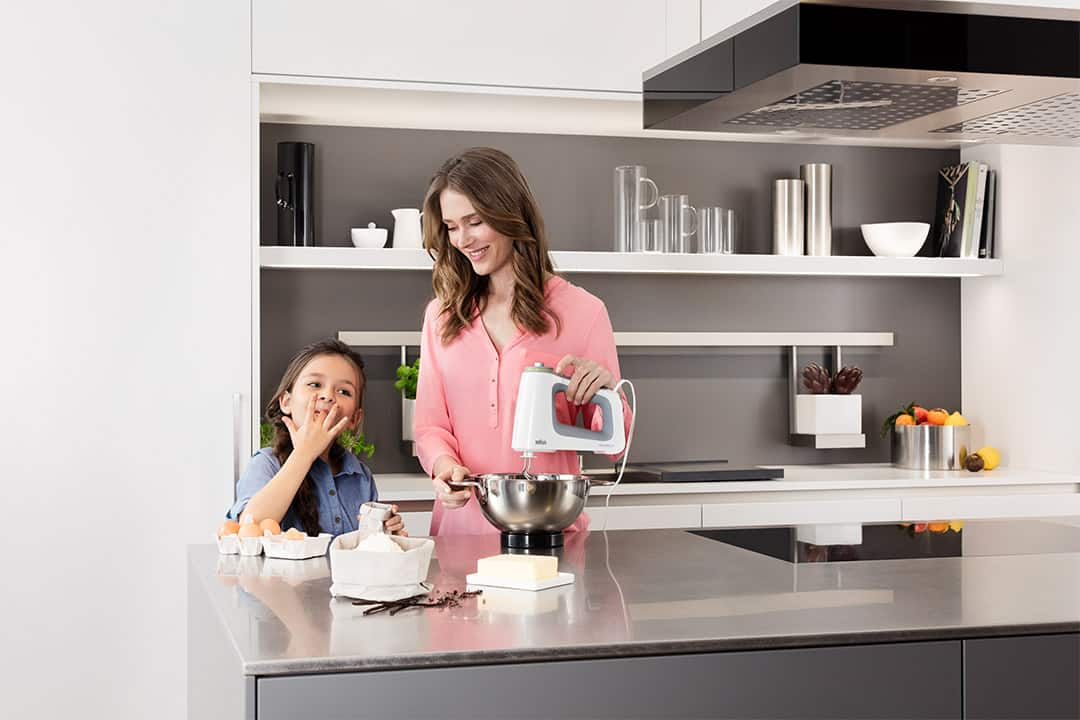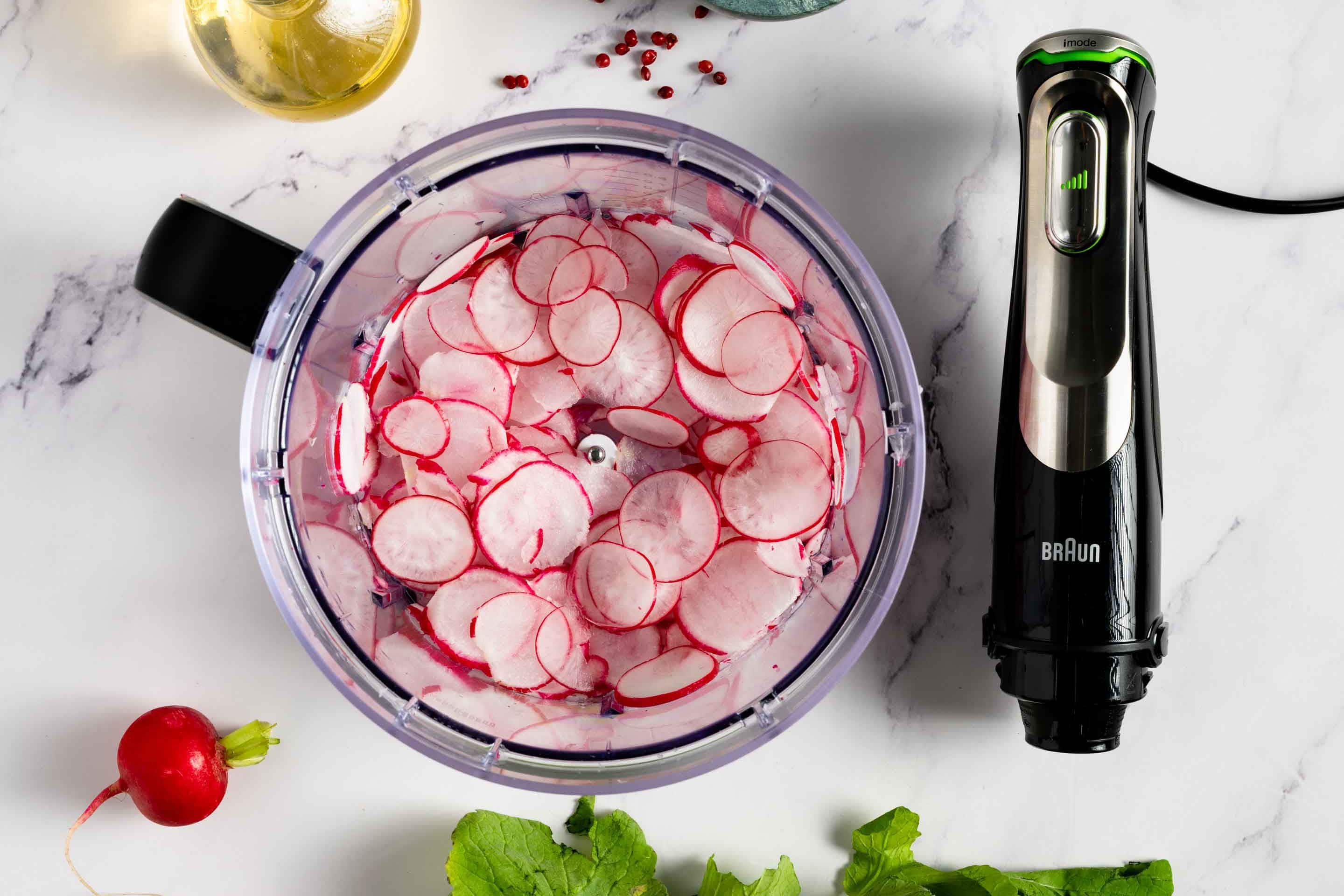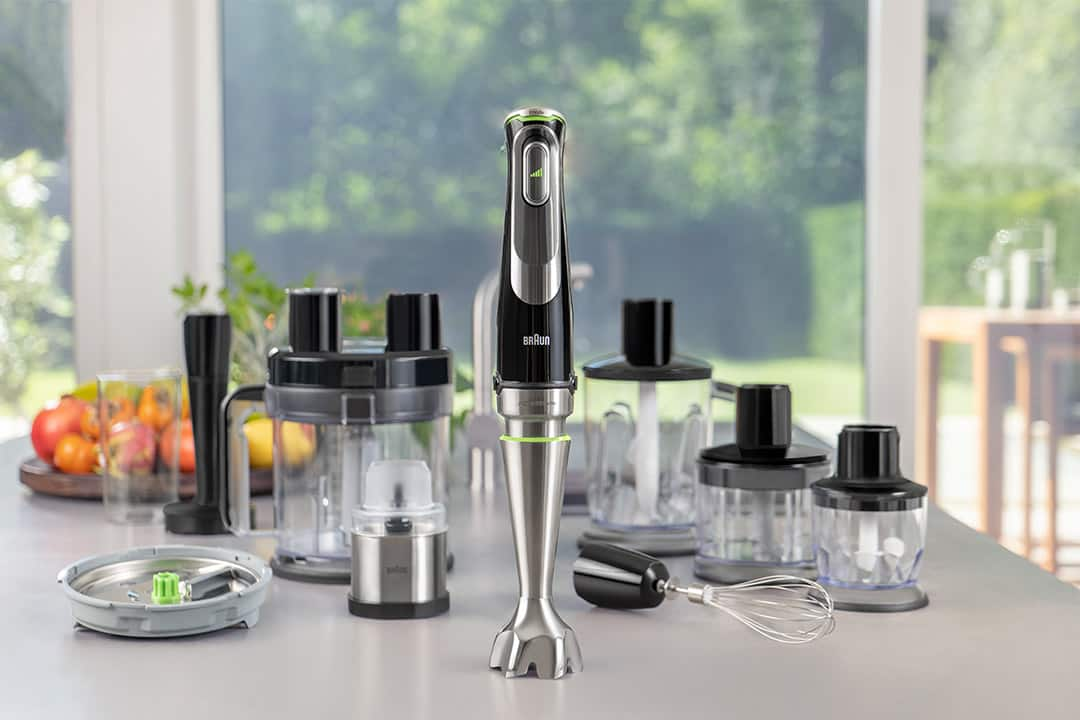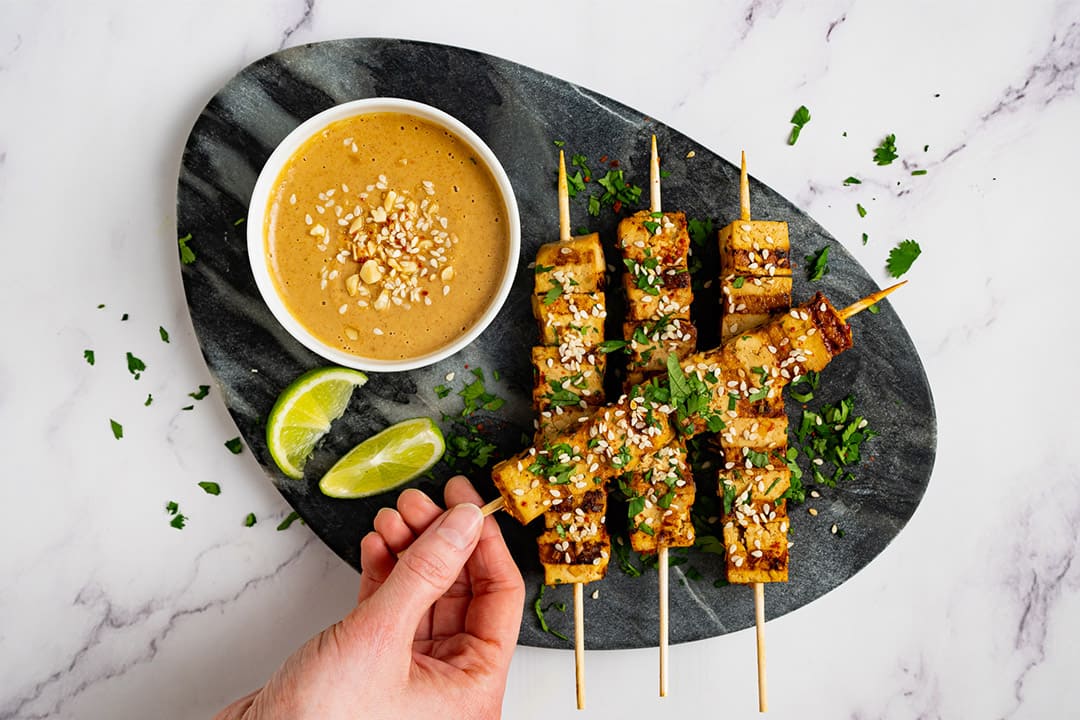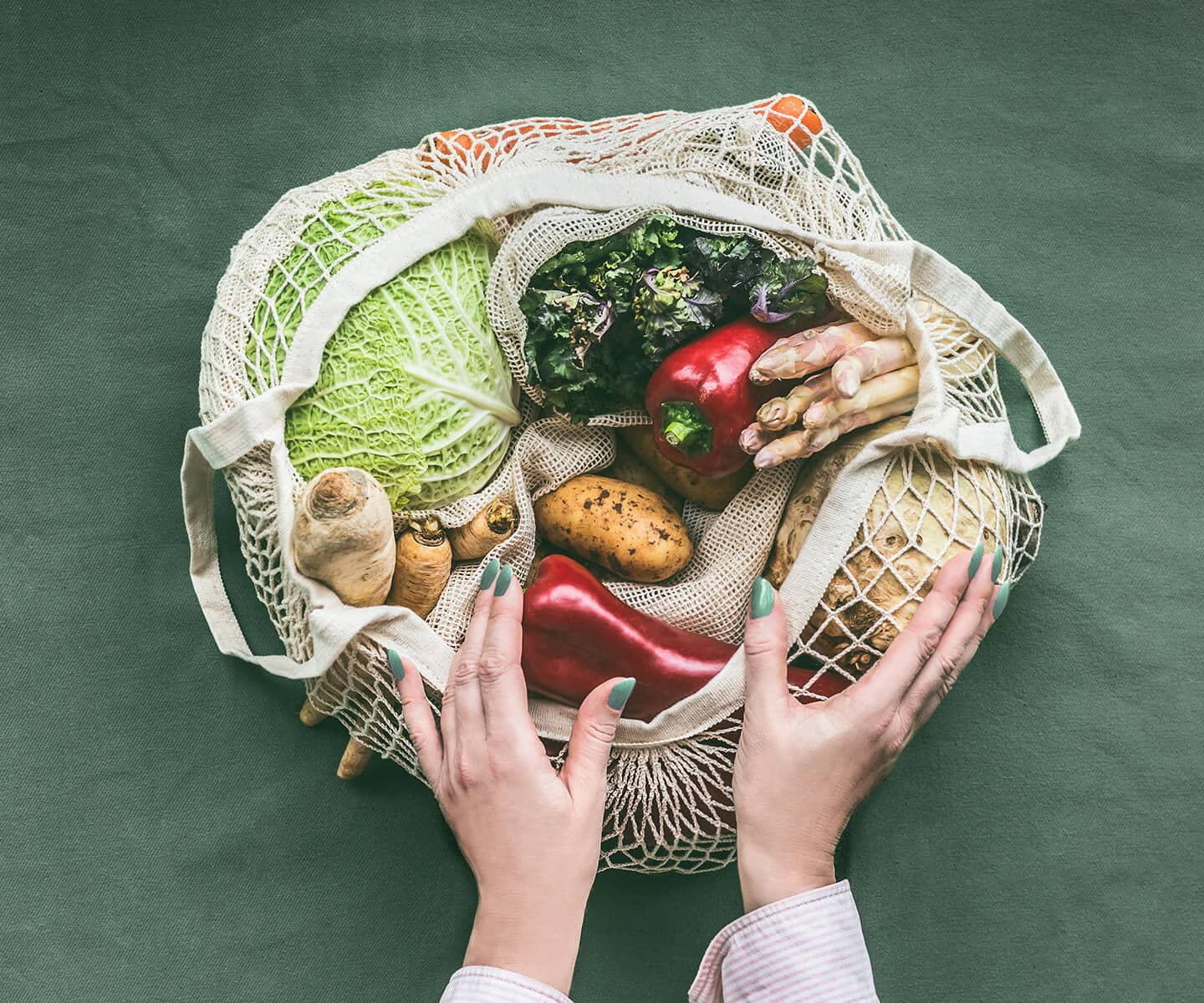Planning your shop properly
We’ve all been there. You haven’t made a list, you’re short on time and rush into the supermarket. You throw everything that catches your eye into the trolley, whatever takes your fancy at that moment. Very soon, you’ll be taking home more food than you can eat.
In order to avoid buying things you don’t actually need and resist the temptation to make spontaneous purchases, write a list at home to stay organised when buying groceries. This way, we can all reduce the food we waste and boost our bank balance at the same time.
